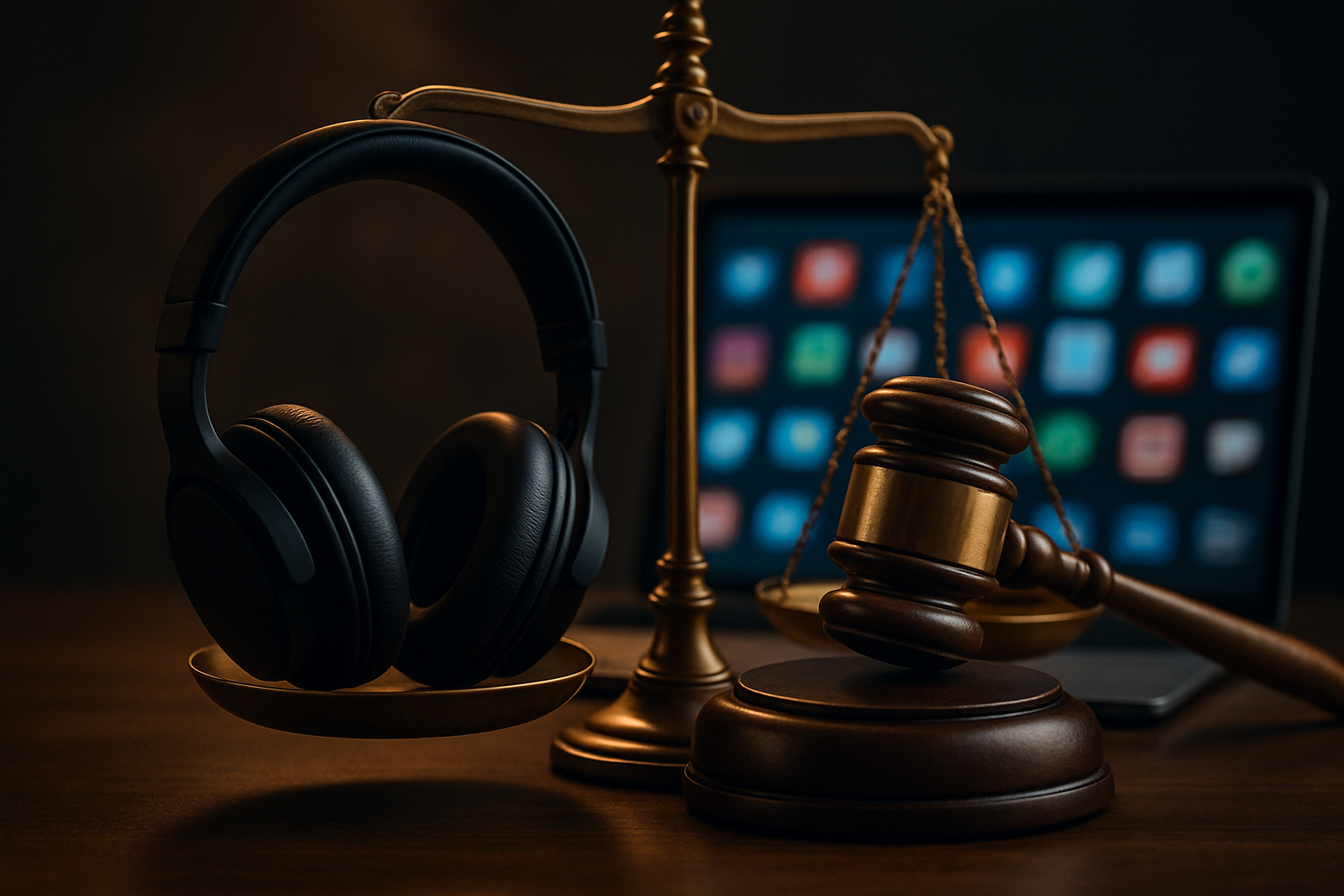"Redefining the Role of Internet Speech Regulations in the Digital Age"
In an era driven by the digital revolution, the role of Internet speech regulations has taken a prominent place in legal and policy discussions worldwide. The 21st-century society, characterized by the ubiquitous use of technology, has raised critical questions about the nature and extent of governmental regulation on online speech. This article delves into the historical development, up-to-date legal changes, and societal implications of Internet speech regulation, offering a comprehensive analysis of this contemporary issue.

The Genesis of Internet Speech Regulation
Internet speech regulation, also known as online content moderation, was not much of a concern during the early years of the internet. The focus was on promoting the growth of the digital space as a platform for knowledge exchange and social interaction. However, as the internet proliferated and began to permeate every aspect of society, it became clear that this new medium could also be a conduit for harmful or unlawful content. This realization prompted governments and internet service providers (ISPs) to start considering regulations for online speech, marking the nascent stage of legal developments in this realm.
The Legal Landscape of Internet Speech Regulation
Over the years, Internet speech regulation has seen significant legislative changes. For instance, in the United States, the Communications Decency Act (CDA) of 1996 was enacted to regulate obscene and indecent material online. However, it was not until the advent of social media platforms that the real challenges of online speech regulation emerged. The sheer volume of user-generated content and the rapid dissemination of information necessitated new ways of thinking about regulation. As a result, recent years have seen a surge in new laws and policy discussions on Internet speech regulation, with an emphasis on striking a balance between free expression and the prevention of harmful content.
Implications and Impact on Society
The impact of Internet speech regulation on society is multi-faceted. On the one hand, it aims to protect individuals from harmful or illegal content, such as hate speech, defamation, or false information. On the other hand, there are concerns about potential overreach, with fears that stringent regulations could stifle freedom of expression and innovation. This tension between protection and freedom has sparked intense debates, with different jurisdictions taking varying approaches to Internet speech regulation.
Current Developments and Future Directions
The landscape of Internet speech regulation continues to evolve. Recently, tech giants like Facebook and Twitter have faced increased scrutiny over their content moderation practices, leading to calls for clearer and more transparent regulation. At the same time, governments worldwide are grappling with how to adapt existing laws to the digital age or whether new legislation is needed. As the debate rages on, the future of Internet speech regulation remains uncertain, but its importance in shaping the digital society of the future is undeniable.
In conclusion, as the digital age continues to evolve, so too does the realm of Internet speech regulation. Balancing the need for protection from harmful content with the preservation of free speech is a complex task that requires ongoing discussion, research, and legal innovation. The future may be uncertain, but one thing is clear: Internet speech regulation will continue to play a pivotal role in defining the digital landscape of the 21st century.




